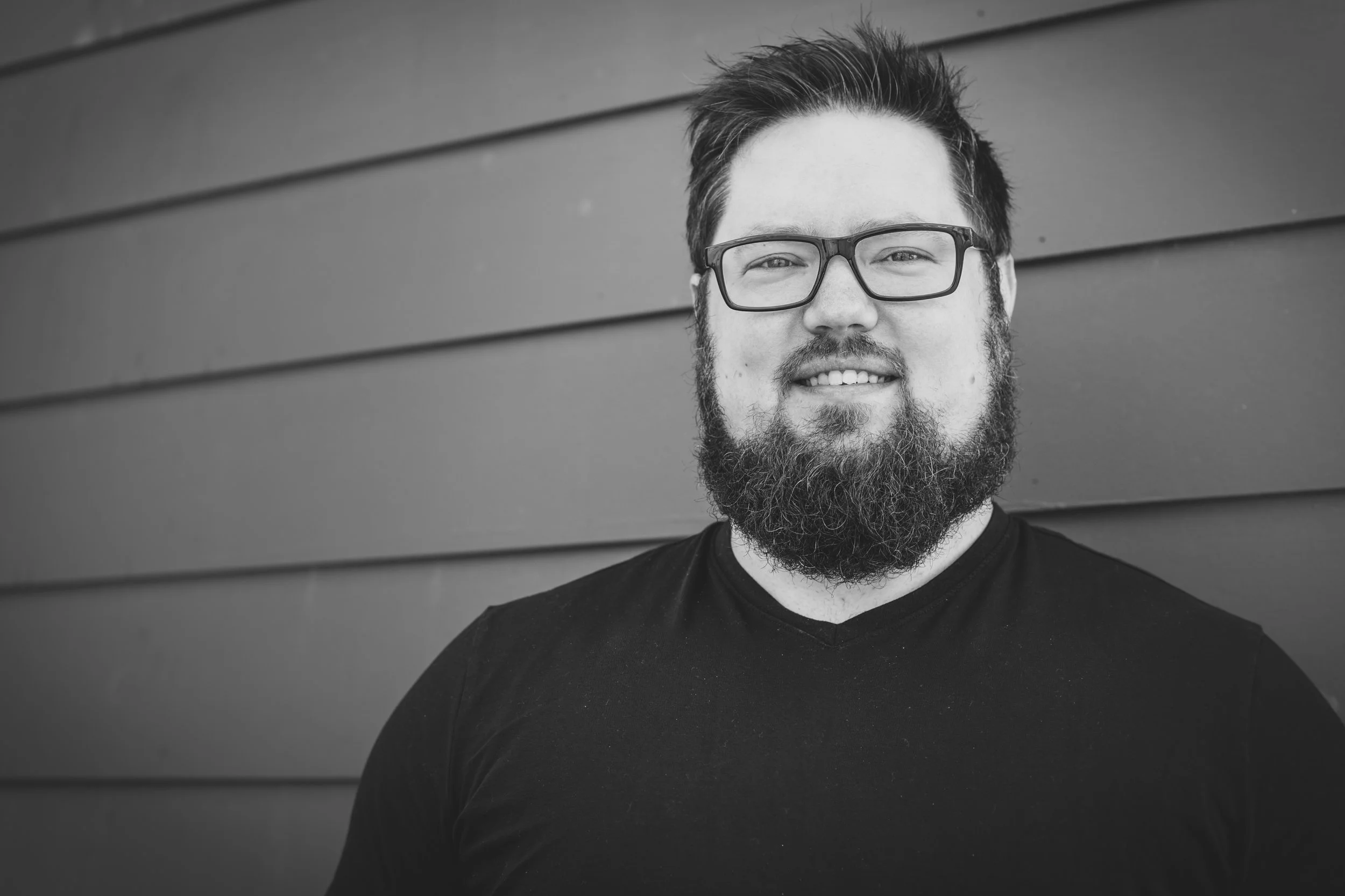Chris Nowlin : Interview 34
Chris Nowlin and I grew up in the same small town in Massachusetts as avid Boston Red Sox fans. When I learned Chris is more than just an avid baseball fan in his adult life, and is an actual professional knuckleball pitcher, I had to grill him for every ounce of baseball gossip I could gather.
We ended up chatting about meeting his childhood heroes, his Buddhist-style approach to the knuckleball, climbing up from rock bottom, and finding community in unlikely places.
Meet Chris.
HOW DO YOU DEFINE FAILURE?
In baseball—I thought it would be easy. I thought I had all the right tools to figure it out very quickly. And like everybody, I hit the skids. It wasn’t as easy as I thought it was. I got my first contract and I was scared shitless. I had to deal with the mental aspect and I realized the game became a lot bigger. The challenge grew exponentially. I knew it was going to take some time to figure out. I didn’t pitch well through it at all. I started hanging my hat on being “a baseball player” and I kept trying to break that wall in front of me.
It had a lot of consequences throughout my life. I started treating people poorly. I drank a lot. So I hung my hat on the fact that I was a baseball player and I wasn’t succeeding at being a baseball player at the time. When in retrospect I really was, I was figuring it out. It was part of the process.
STEVE: Going through your knocks or whatever.
CHRIS: Yeah. Like Phil Niekro says—and this is one of the greatest quotes I’ve ever heard, especially as a knuckleballer—“You have to learn how to take losses without being defeated.” And I had no idea how to do that. The harder I tried, the worse I pitched. And the worse I pitched, the worse I became as a person. It was this big spiral.
Really what it took was a girlfriend a few years ago broke up with me. Because no matter what with baseball, I always had her. And then she left. Then I just had me. I had to figure out how to deal with losses without being defeated and not identify myself as any one thing. And learn how to love the knuckleball again. At a certain time, I hated it.
STEVE: I can imagine you developed some resentment because it doesn’t do you well.
CHRIS: It doesn’t treat you well, yeah. You have a relationship with this thing and it keeps treating you poorly. Since then, I’ve grown a lot. Even if I’ve pitched poorly, I always know it’s part of the process and it’s not something I hang my hat on one way or the other. So I learned how to focus on the process rather than the result and I’m very proud of my process.
I work very hard on it. The mental aspect, the physical aspect, and the spiritual aspect, in that I try to detach myself from the results. Approach it as something I love rather than trying to force anything. Failure is not realizing those things. Not realizing that you’re not what you do. Not realizing that you can’t control the results. That’s failure.
Plenty of baseball players that I run into don’t have the tools to be very good at baseball, but they keep trying. And a lot of other players will make fun of them. To me they’re the successful ones because they just keep loving it, and they have a good attitude about it. And a lot of guys that have the tools to be good players don’t realize that and live very unhealthy lives. I think that’s failure.
WHAT’S ONE THING YOU DON’T KNOW NOW, BUT FEEL COMPELLED TO KNOW BEFORE YOU DIE?
It’s strange because I’ve been on this kick. I told you I read a book about Buddhism. I’ve been getting into a lot of near death experience books, too. In them, they articulate—and it coincides with Buddhism—the idea of unconditional love of detached love. That’s not something I’ve ever been capable of, so hopefully that. Usually people say that happens when you have a kid, but we’ll see what happens. [Laughter]
When I started meeting my baseball heroes, Charlie Hough and Tim Wakefield and Phil Niekro, you could tell that those guys had achieved something that they wanted to achieve and they’re completely at peace as far as the social side of their lives. When you meet them, there’s zero agitation. When you meet some people you can feel there’s an energy drain and they’re tying to prove something or they’re trying to put up an eminence front about something. And I’m, hopefully, going to be like those other guys. And be completely at peace at some point. So that everybody around me can feel that. Also, the unconditional love thing would be pretty cool.
HOW DO YOU DEFINE BEING “IN LOVE”?
This gets touched on a lot in the near death experience books I’m reading. It’s really redefined how I see it. I think there are multiple dimensions of love. There are all sorts of ways to love. From just opening the door for somebody who might be struggling to get through a door, all the way to unconditional love of a child, and everything in between. There are all sorts of different ways to show love.
“This gets touched on a lot in the near death experience books I’m reading. It’s really redefined how I see it. I think there are multiple dimensions of love. There are all sorts of ways to love. From just opening the door for somebody who might be struggling to get through a door, all the way to unconditional love of a child, and everything in between. There are all sorts of different ways to show love.”
STEVE: Do you think “in love” is different than other ways?
CHRIS: There should almost be another word for it romantically. But I think you can also be in love with something. I’m in love with the knuckleball. I’ve been in love with the knuckleball since I was eleven years old and I saw Tim Wakefield at Fenway Park.
STEVE: That’s awesome! Go Sox! [Laughter]
CHRIS: I was lucky enough to sit right behind the backstop when I was eleven and he took a no-hitter into the ninth and the ball was just dancing around all beautiful. I just didn’t think there could be anything as beautiful on planet Earth. Especially that young, with the Green Monster and all that. So yeah, romantically, there’s “in love”, there’s an extra step…
STEVE: I reference “in love” in air quotes for a reason because it tends to be a romantic partnership sort of deal. How do you see a successful loving relationship working?
CHRIS: Hopefully, unconditionally! [Laughter] That’s always the goal. I haven’t quite gotten there. I do actively work on that.
STEVE: What do you do to work on it?
CHRIS: I’ve become really adept at—my mother didn’t treat us too kindly growing up, she had a psychological problem, took medication, and so it really wasn’t her fault. I have this love/hate relationship with her personality sometimes. When I came home from school, you could feel the air was different when she was in a bad mood. You’d have to read her face really quickly to understand whether it was going to be a good day or a bad day. I learned that as love when I was young. That sometimes you could be treated poorly and that’s still a showing of love. Which is obviously wrong.
So sometimes in my relationships I’ve treated people poorly, but expected them to understand that that’s love. So I’ve had to become really adept at understanding those negative feelings when they pop up. They’re compelling, those feelings that pop up in your stomach. They get tight. And you have this compelling feeling to not be good to somebody. And I’ve become really good at identifying those. I don’t always stop all of them, but I will realize that it’s happening. A lot of times I’ll feel it coming up and I’ll change the subject and deal with it internally.
WHAT’S THE MOST DIFFICULT THING YOU’VE EVER HAD TO DO?
There were a bunch of congruent events. My ex-girlfriend was breaking up with me at the same time I was struggling with baseball and at the same time suffering my first real injury. I had some sciatica in my leg. To me personally, I look at it as I called that all upon myself at the time. It was the confluence of all that. And I didn’t help anything by moving to Las Vegas and just sort of partying. That was my way of dealing with it at the time.
STEVE: How long did that period last?
CHRIS: It was an offseason, so about six months.
STEVE: And how did you find your center again?
CHRIS: Just started playing ball again. I taught pitching lessons in Vegas, and got tied in with the baseball community there. They took me in. It’s funny to say that the most community I’ve ever felt in my life was in Las Vegas, but it was true. They helped me see how valuable all my insights were. They valued me.
It was almost like the Wedding Singer at times. Sometimes families would pay me in dinners. At the same time, I was trying to get back on track with, not only baseball, but with my personal life. They insulated me from myself sometimes. I was actively working on it. I was reading books and trying to figure out how to see the world differently. Because the way I had been doing it—unknowingly—for the previous couple of years was awful. It got really tense.
STEVE: That’s great, man. It’s tough to make those decisions and it takes a lot to get you to that point. Everyone has a different rock bottom, but to be able to pivot, it’s awesome.
CHRIS: Yeah, I worked really hard. And I was able to do it.
WHAT WILL YOU MISS THE MOST WHEN YOU’RE GONE?
That moment in life where you’re completely in the now and everything else fades away. You can achieve that in a lot of ways. Just laughing with somebody you love all the way to pitching to getting a compliment from somebody. So that, I think. That’s why we do anything. Connection.

